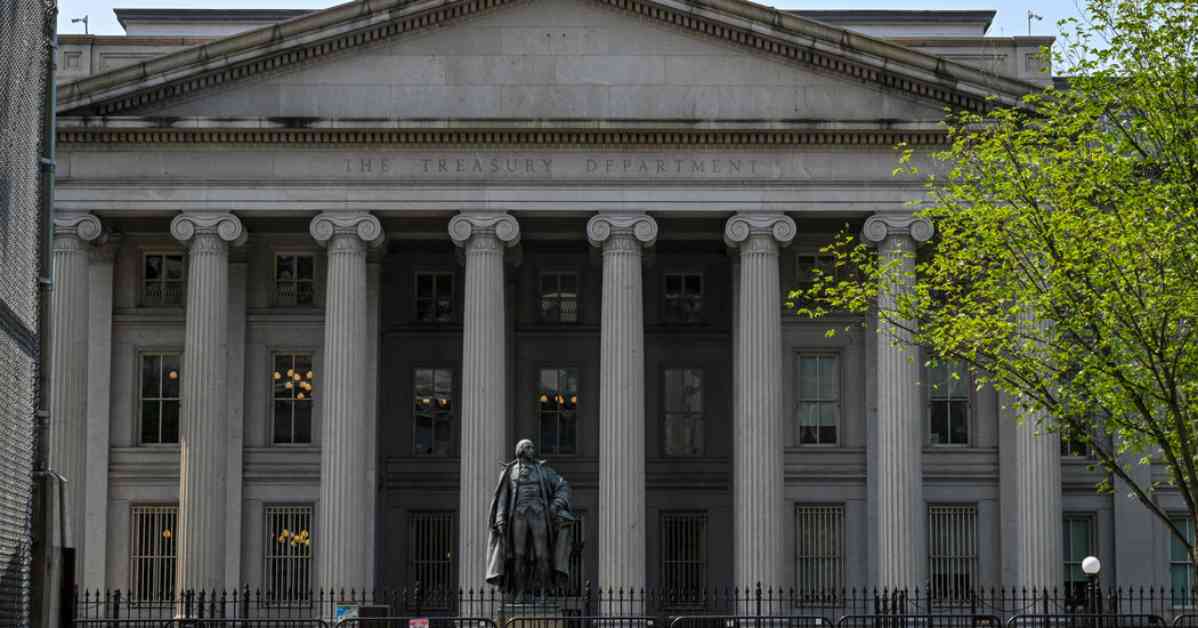The U.S. national debt has surpassed $35 trillion for the first time, signaling a concerning fiscal situation for the country. The Congressional Budget Office has projected that the debt could reach $56 trillion by 2034, with rising spending and interest expenses outpacing tax revenue.
Despite the alarming figures, the presidential candidates, Vice President Kamala Harris and former President Donald J. Trump, have not addressed the issue of deficits on the campaign trail. This lack of focus on the national debt could lead to further worsening of the economic problem in the future.
The Treasury Department has reported that the debt is accumulating at a faster rate than anticipated, largely due to the costs of federal programs implemented in recent years exceeding initial estimates. High interest rates have further complicated the country’s ability to manage its debt burden.
Some programs, such as the Employee Retention Tax Credit, have turned out to be more expensive than expected due to fraud and abuse. Additionally, the demand for tax credits under the Inflation Reduction Act of 2022 has been higher than projected, contributing to larger annual deficits.
Despite borrowing $234 billion from April to June, which was less than expected, the Treasury Department foresees borrowing $740 billion from July to September. Treasury Secretary Janet L. Yellen has stated that the current debt level is manageable given the size of the economy, with a focus on stabilizing interest costs.
The lack of concrete plans from both political parties to address the drivers of the national debt, such as Social Security and Medicare, presents a challenge in reducing America’s borrowing. The deep policy differences between Republicans and Democrats, coupled with internal resistance to implementing cuts, pose obstacles to achieving fiscal responsibility.
As the nation’s debt continues to climb, it is crucial for policymakers to come together to find sustainable solutions to address the growing fiscal imbalance. Ignoring the issue could have severe repercussions on the country’s economy and future generations.




